Are you looking for a dentist for your children?
Pediatric dentistry is an essential part of a child’s overall well-being. Dentists identify any concerns about your child’s oral health and perform cleanings and examinations that keep their teeth healthy and strong.
But how do you go about choosing a dentist? After all, your child’s dentist can make a huge difference in their dental health. Selecting the right dentist for your child should be among your top priorities.
Want to know 7 tips for choosing a good dentist for your child?
Keep reading to learn more!
1. Look at Experience
Don’t get us wrong, there are some fantastic dentists who are just launching their careers.
Still, experience goes a long way. The longer someone has been in practice, the longer they have had to study and practice their craft. It gives them a greater ability to accurately diagnose and treat your child.
They also have more practical experience applying their training to real-life scenarios.
When you take someone’s experience into account, you’re ensuring that your child has the best care available to them.
2. Read Reviews
Do you want to find a dentist who works well with a variety of children and personalities? Do you want to know ahead of time who other parents have loved?
If so, read reviews online. Nowadays, many businesses, including dental clinics, allow patients to leave honest reviews on platforms such as Google. This gives you valuable insight into how other people were treated by the dentist and their staff. You can also learn what they did or didn’t like about their visit.
If the reviews are overwhelmingly positive, you’ve probably found a good dentist for your child.
You can also ask the other people in your life if they know of a good pediatric dentist in your area. If you know other parents with children who are similar ages to yours, ask them who they take their kids to see and whether or not they like that dentist.
3. Consider Their Specializations
Do the dentists your considering specialize in treating children?
Many dentists take a wide variety of patients, from the very old to the very young. For many families, this is a good thing, since they can reserve one afternoon’s worth of appointments and get them all done at once.
Yet, even though family dentists know enough about children’s teeth to take care of them, you won’t get the same level of specialization as you would at a pediatric dentist. Pediatric dentists have focused their studies and their entire careers on learning more about the oral health of children.
All dentists are required to get either a Doctor of Dental Surgery (DDS) or Doctor of Dental Medicine (DMD) degree. Then, if someone wishes to become a pediatric dentist, they must enter a 2-year post-graduate residency. They must also study child pharmacology, development, and psychology.
This means that when you choose a pediatric dentist, you’ll take your child to someone who is specifically trained to give them the best oral care.
4. Take Note of How Your Consultation Goes
Most of the time, the first time a child visits a dentist will be a consultation. The dentist will take the time to get to know you and your child and take a look at their overall oral health. If they see any oral health issues, they may be brought up at this time.
While at the consultation, take note of your overall experience. Was the reception staff warm and inviting? How was the atmosphere in the office? Did your child seem at ease?
When you finally get to meet the dentist, pay attention to how they interact with your child. Do they engage the child and try to explain what’s going on to them? How do they handle the situation if your child gets upset? Are they good at putting them at ease?
If your child is old enough to verbalize their feelings, ask them what they thought of the dentist. Children are much more likely to enjoy going to the dentist and have positive experiences if they like the dental practitioner, so involve your child in the decision.
5. Look at Your Insurance Policy
Many people think about their insurance coverage when they visit a medical doctor. But have you looked at your dental insurance policy?
If you have dental insurance, take a look at it to ensure it covers the type of procedures your child requires. You should also make sure a dentist takes your insurance before you go to them.
If you don’t, you might end up with unexpected and unwanted dental expenses.
Don’t have insurance? No problem. You might have to pay the full amount for your child’s dental visit, but you can call the individual dental clinics and ask about their pricing for different procedures. Often, clinics offer their services at different prices, so comparing dental fees might save you money.
6. Use the American Academy of Pediatric Dentistry’s Website
Once you have some options for pediatric dentists, check out the American Academy of Pediatric Dentistry’s website.
Many dentists have profiles on the site, and you can do research on them before making an appointment. You can also use it to educate yourself on how to properly care for your children’s teeth.
7. Call and Ask Questions
Do you want to know your impressions of the clinic before you even set foot in it?
If so, then call them and speak to one of their staff members. Ask things about insurance coverage and what specialities the pediatric dentist focuses on. Gauge your overall impression of the office based on this experience, and use the information you gain to inform your final decision.
Are You in the Process of Choosing a Dentist for Your Child?
Choosing a dentist for your child is an important undertaking.
A child’s dentist maintains their overall oral health and can give them positive experiences, which is essential, especially for children who are naturally nervous. You should look at a dentist’s experience and specializations, read their reviews, pay attention to the consultation, look at your insurance, use the American Academy of Pediatric Dentistry’s website, and call and ask questions.
Do you need an appointment for your child? Contact us today!




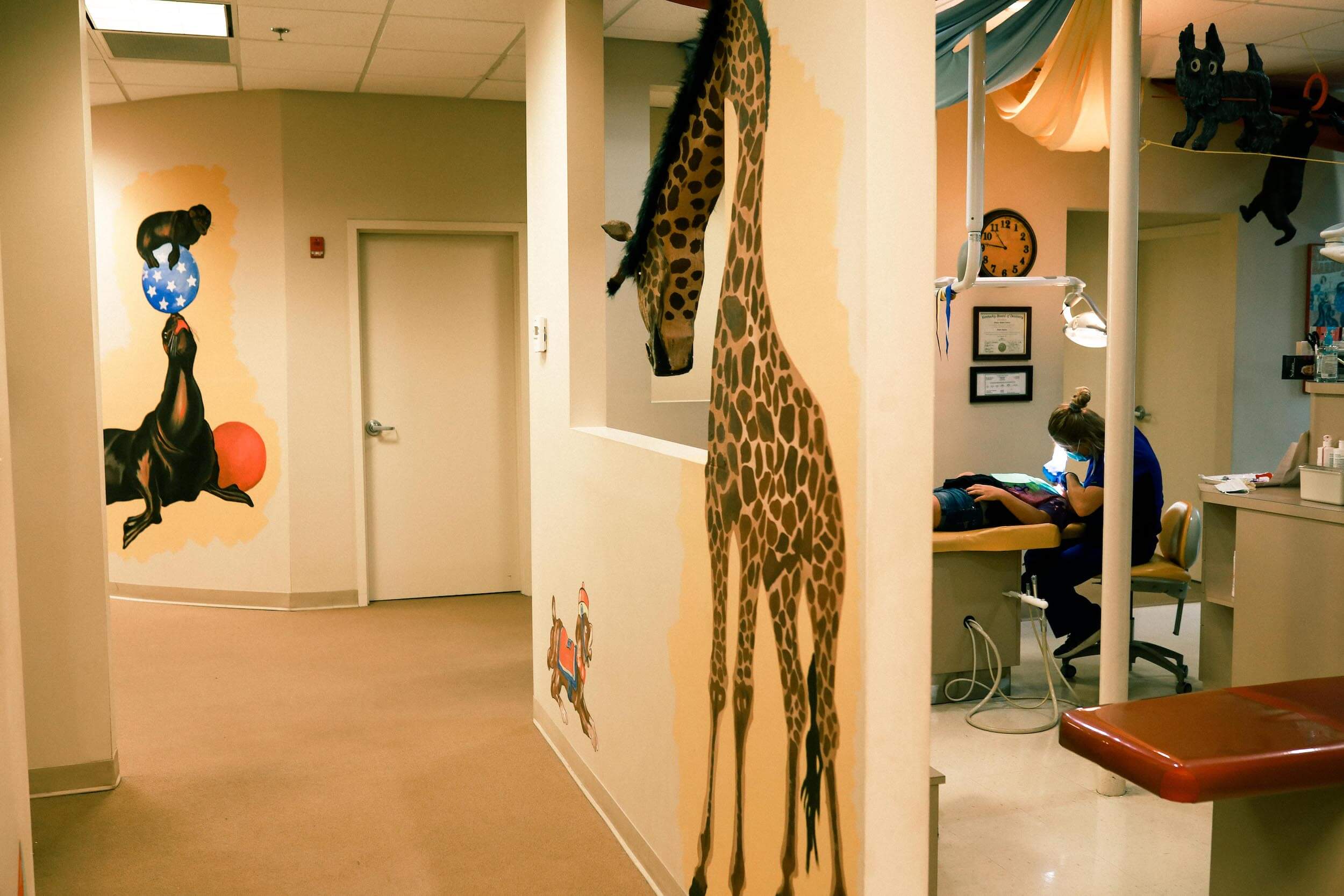

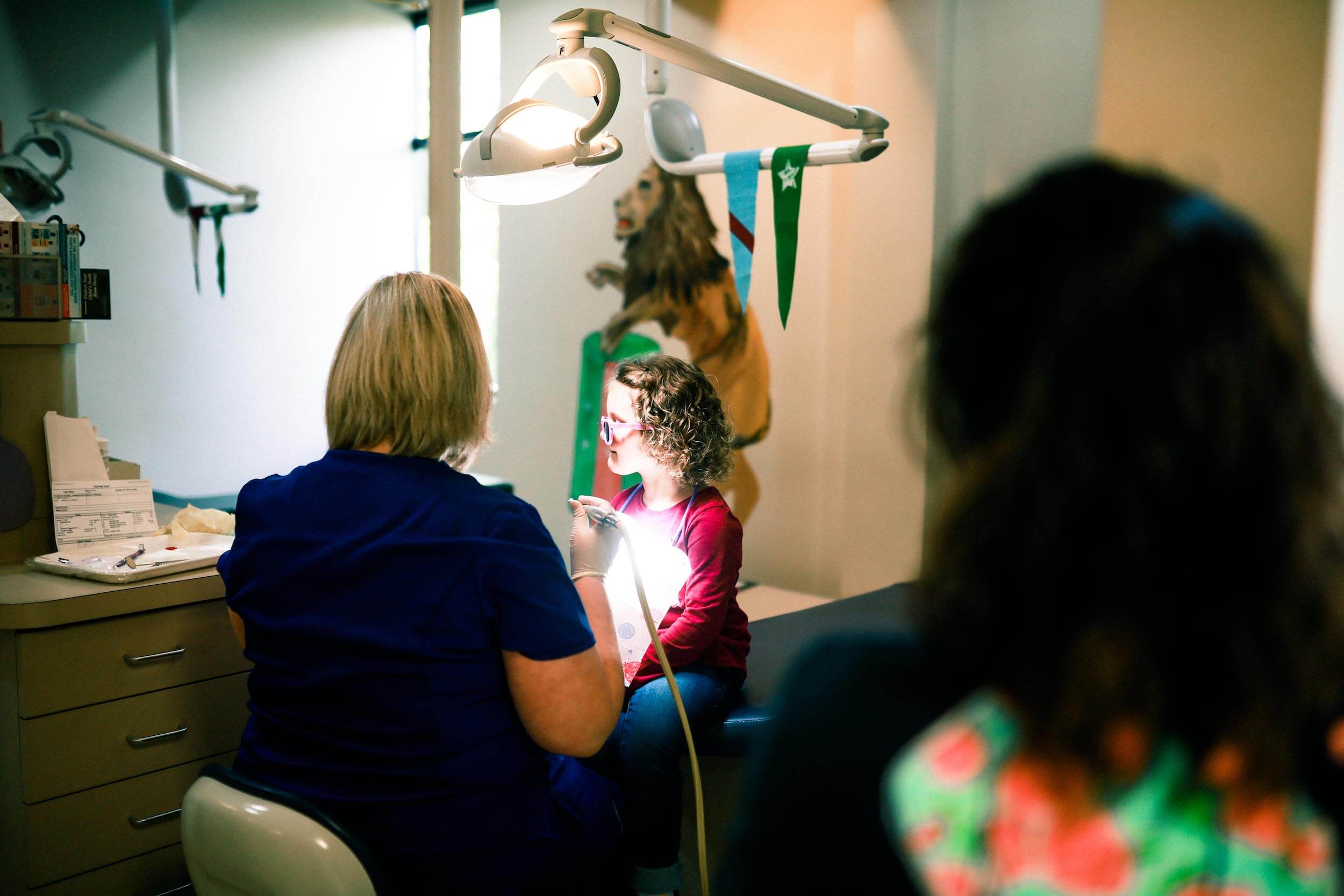
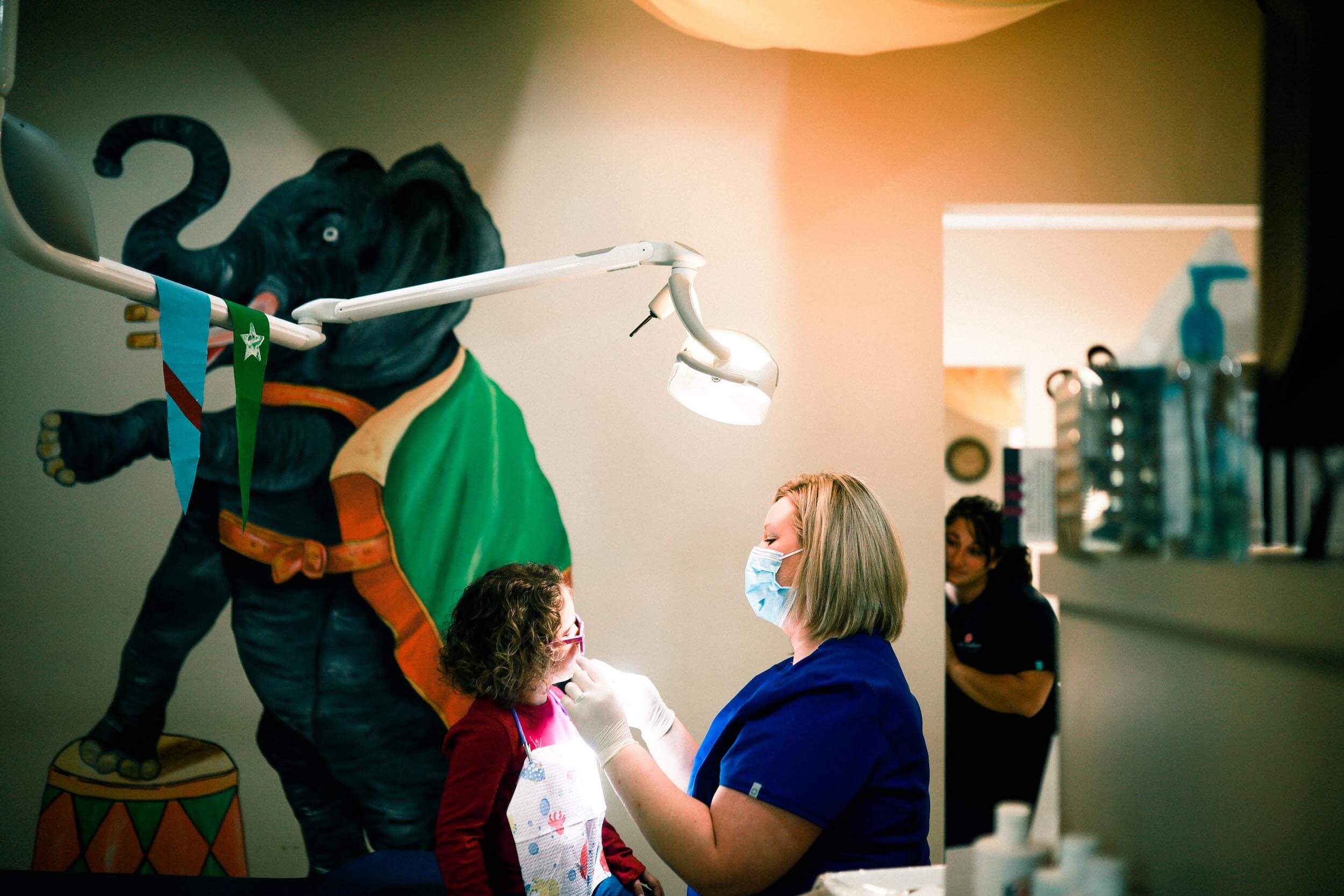

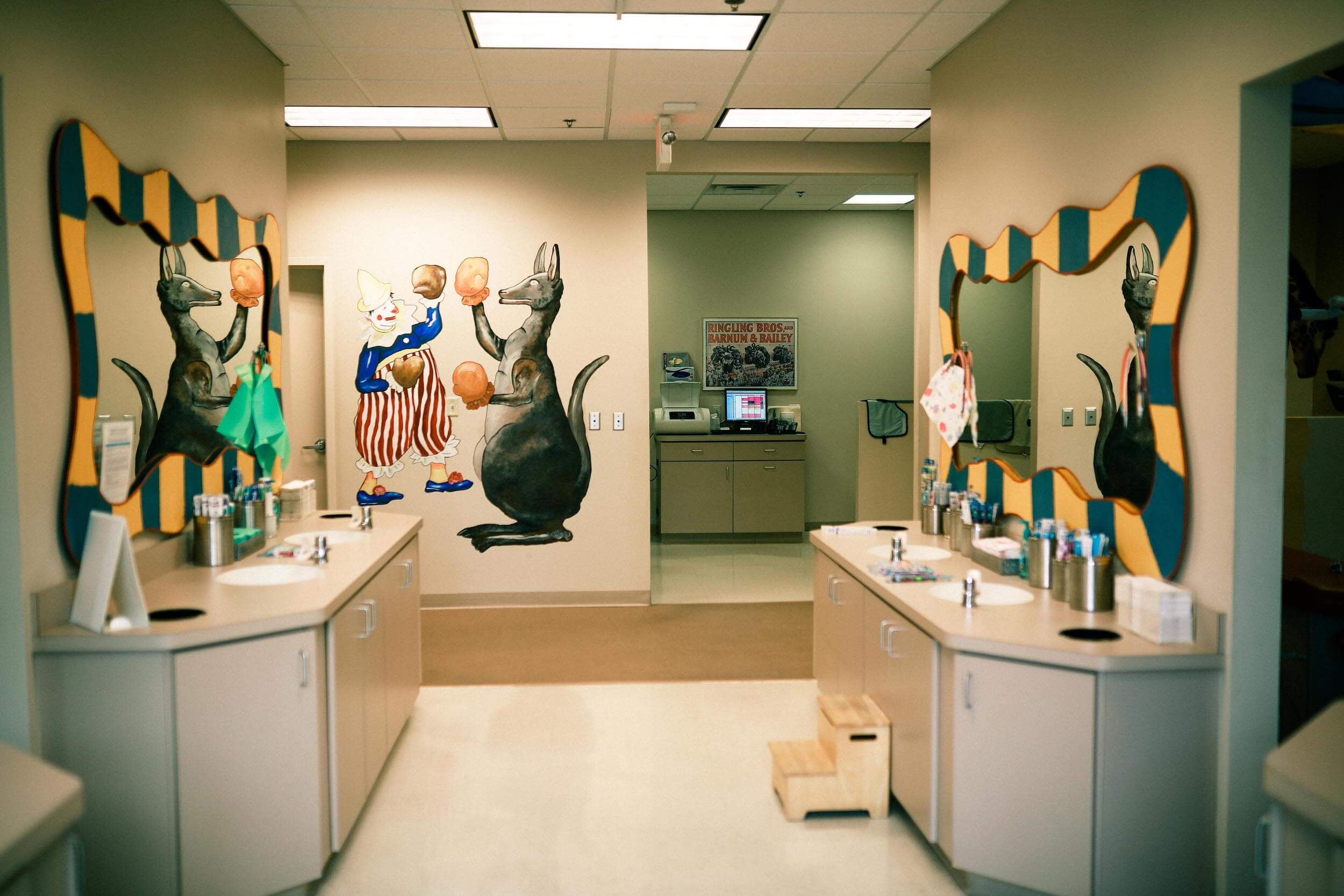
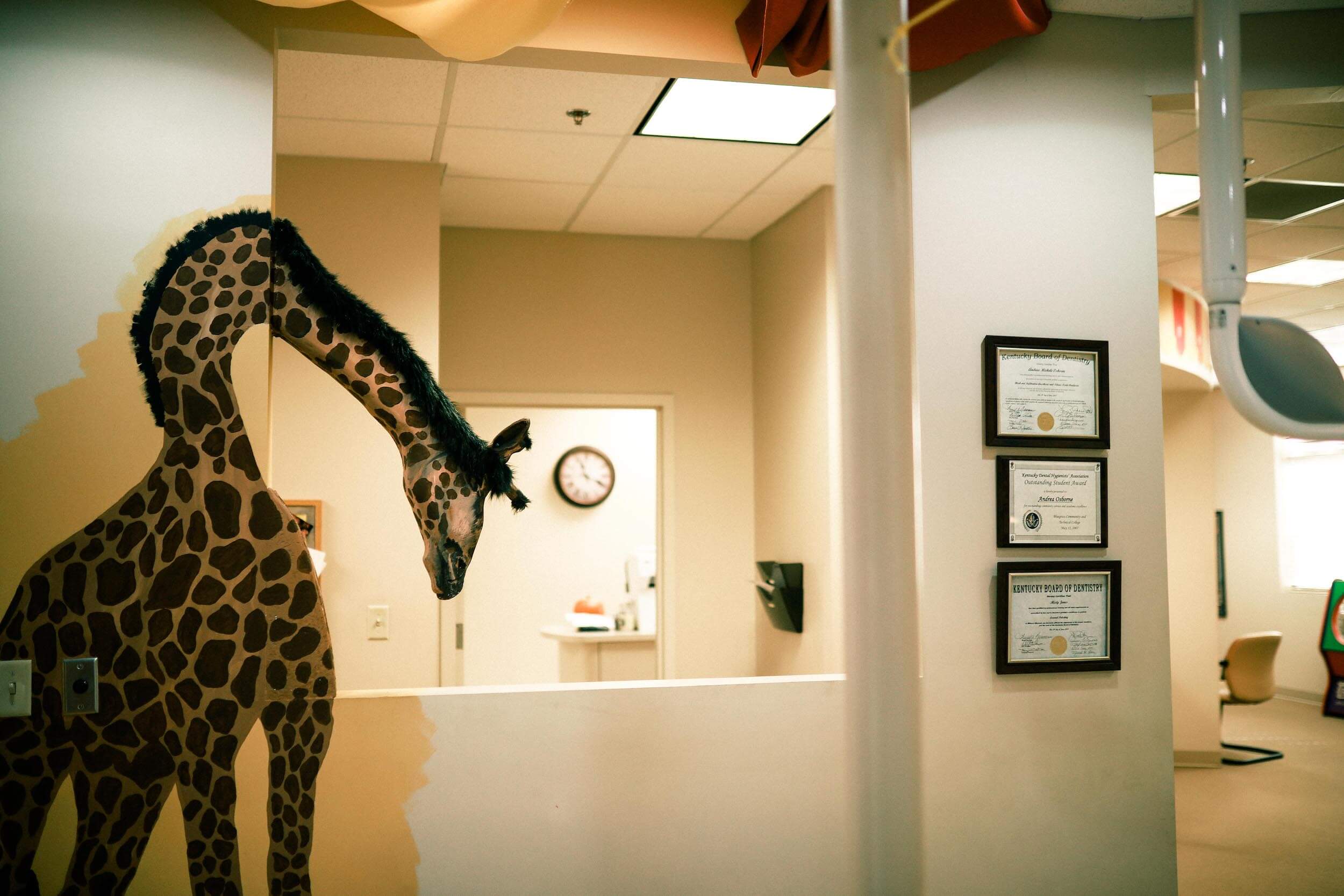
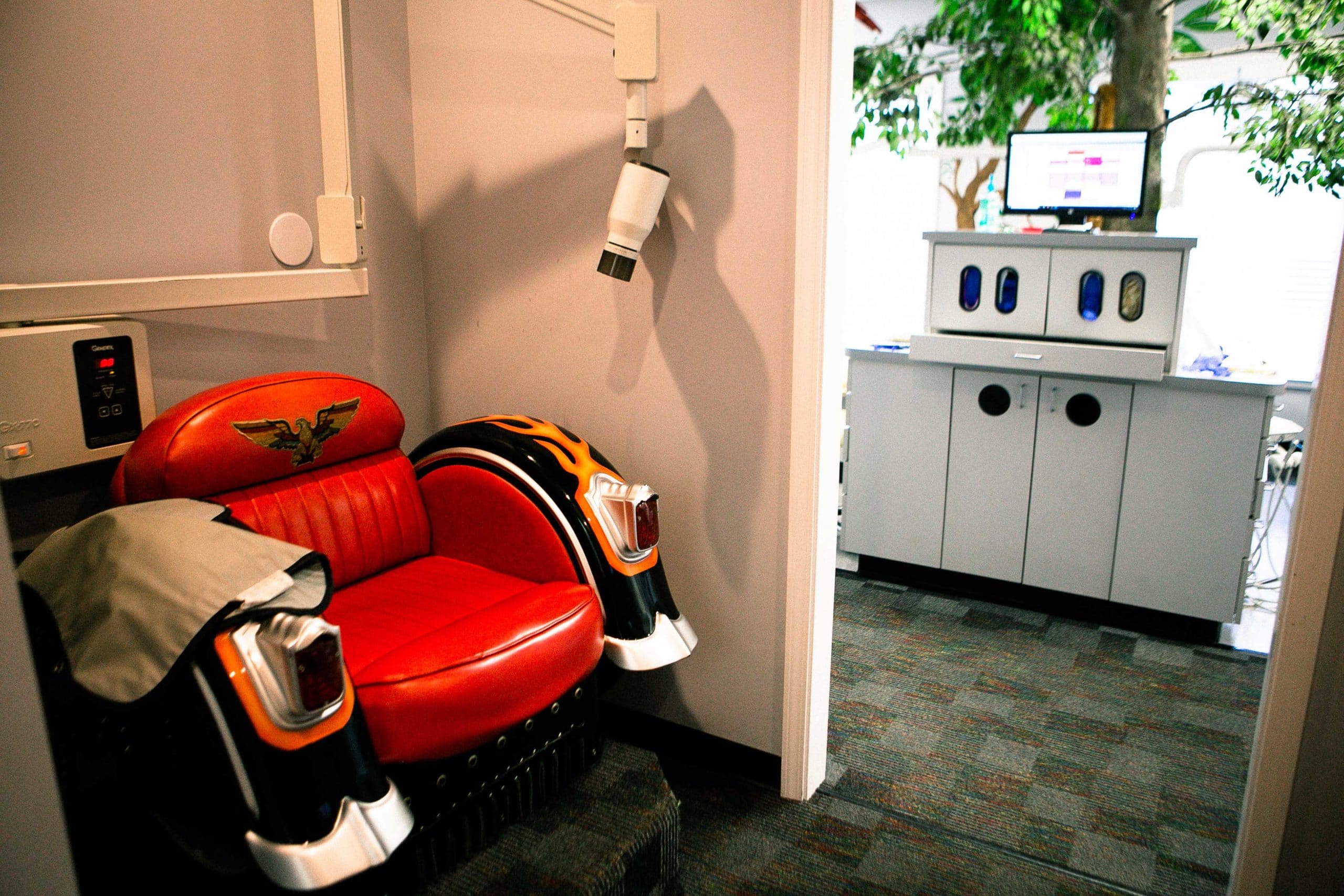



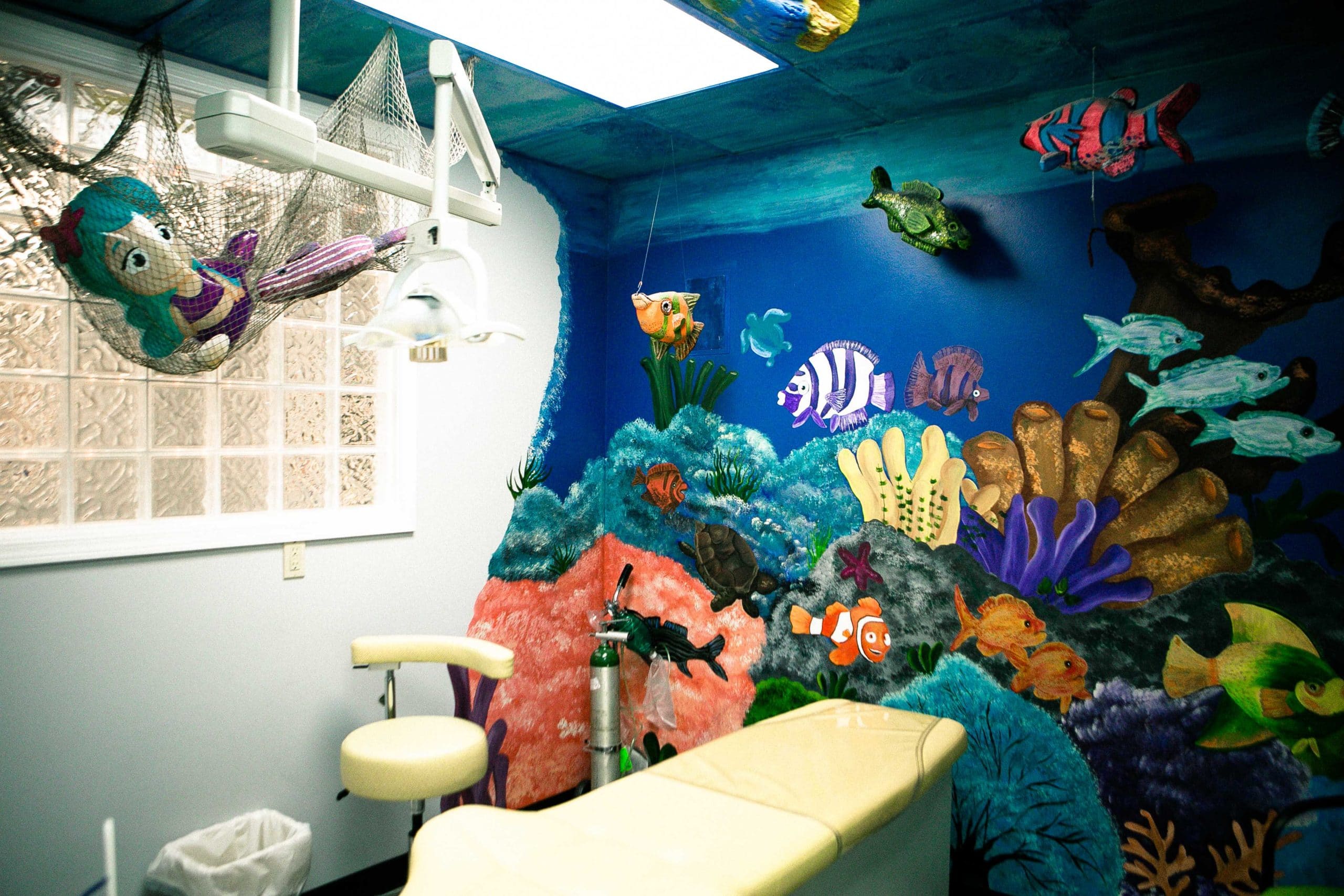
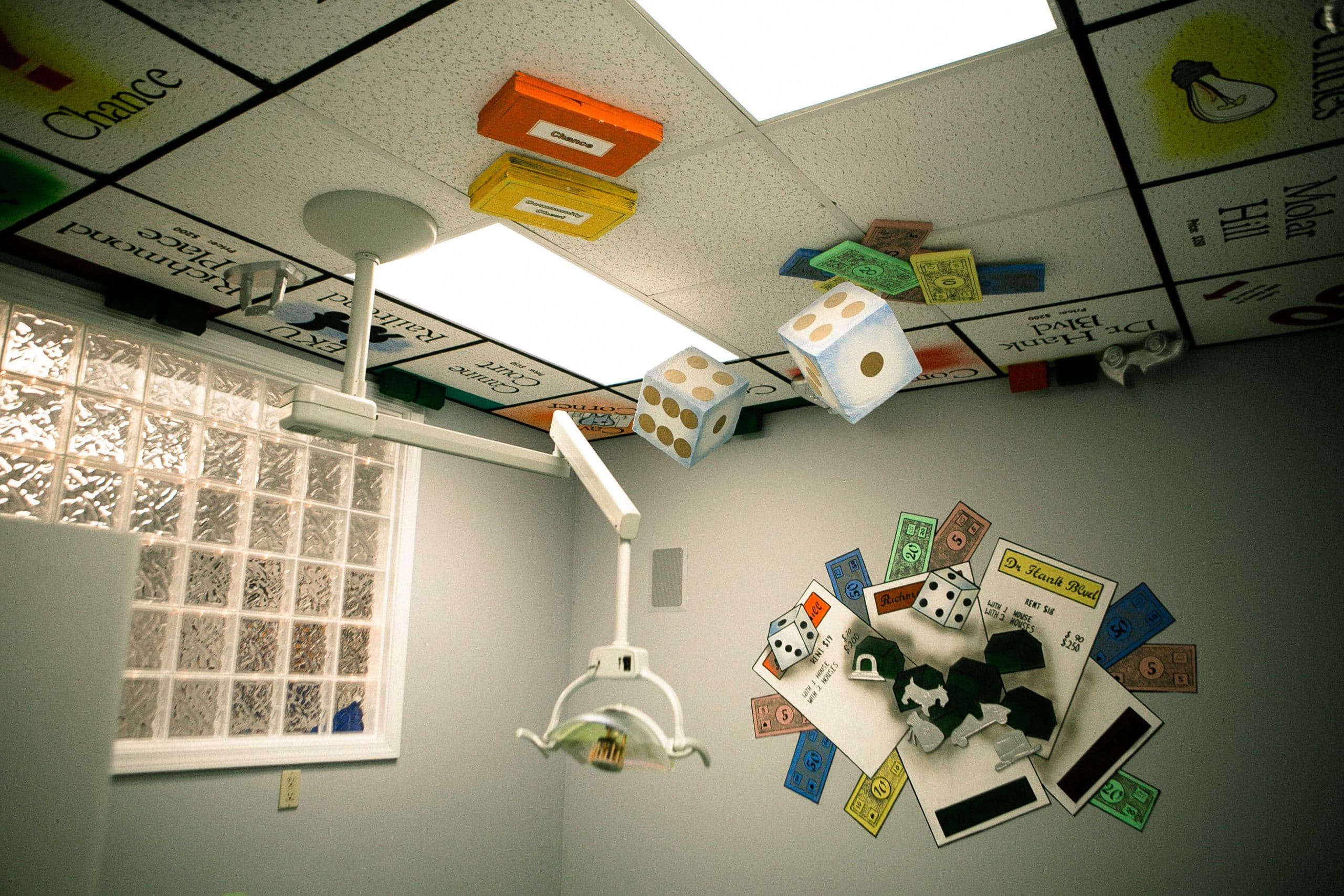

Recent Comments